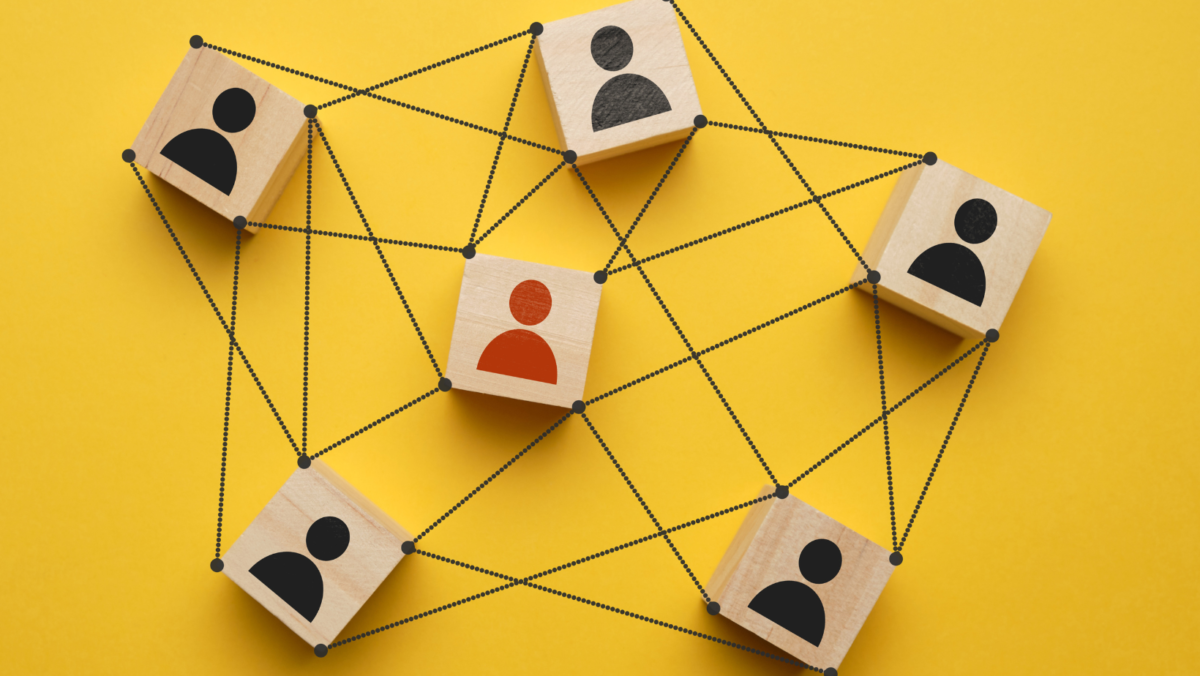Updated July 24th 2023
I asked a friend of mine about an old boss of his the other day, and what it was that he admired about him. He said that his old boss, let’s call him John, was a brilliant leader and salesman, that he was liked by everyone, that everyone would go out of their way to assist him in building his business and not one single person from factory floor to board of directors had a bad thing to say about him. On asking my friend what it was about this man, that had everyone liking him and wanting to support and collaborate with him, the answer my friend gave was not John’s ability to anticipate what was coming next, say for example, in a competitive market, or to make decisions quickly, or to think critically. The answer my friend gave was plainly and simply, that John was always interested in other people. It always mattered to John how other people were doing, what was going on for them in their lives, what they needed in the way of support with their current role.
Surprising?
Consider this, the ability to anticipate, to think critically and to take decisive action are of the utmost importance for a leader and an organisation to be successful. Nevertheless, being an effective leader is equally about getting the right people to work with and collaborate with to build and sustain the vision and the plan. Finding and keeping the right people depends on building relationships with those people, and building successful relationships depends on the ability to understand peoples’ needs. We can only understand another persons needs if we have an ability to be empathic. In other words, understanding an individual, a group and a markets needs depends on an ability to put ourselves in their shoes and at least try to understand their perspective of the world, regardless of our differing experience, beliefs, attitudes and values.
Empathy as a term is thrown around a lot as something that we should all ideally develop to be effective in our relationships, as leaders, as colleagues, as friends, spouses, parents etc. Nevertheless, by many it is still viewed as one of those things over there in the corner that is a soft skill, and as leaders, how much time do we actually have to develop our soft skills as part of our staff training plan? It is also viewed as being the opposite to the concepts of decision-making etc that leaders need to have.
Consider this though, as globalisation increases, and the world becomes a smaller place, as borders collapse, and businesses expand into different cultures, the success of an organization depends more and more on building effective relationships.
Is it time to be more like John, in our ability as leaders to harness empathy within our organisation, and hence to have a real impact so that everyone can share the success, or should we turn our back on developing this skill and get left behind?…only you can decide.

